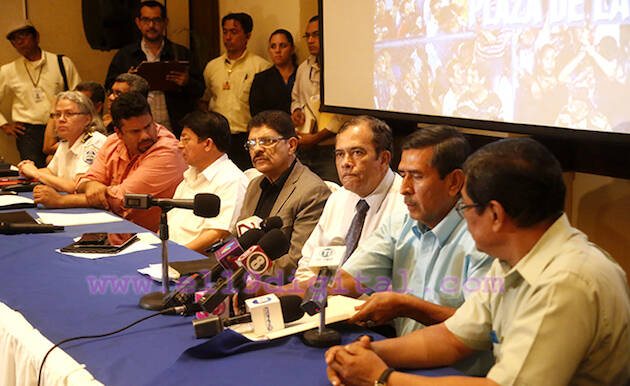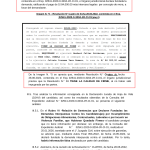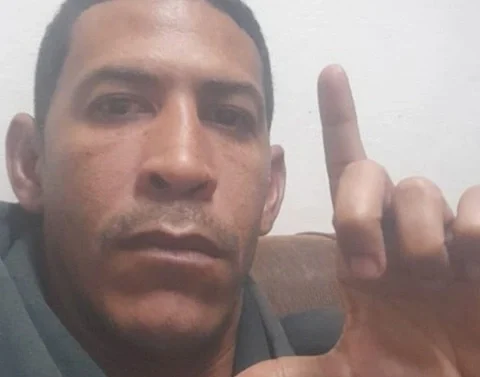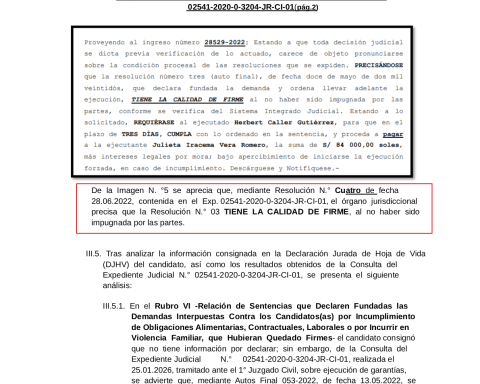Evangelical pastors and members of their churches are concerned about the taxes that their denominations will now have to pay to the Daniel Ortega regime, who on August 21 ordered the reform of the Tax Agreement Law to eliminate the exemption from paying Income Tax (IR) for NGOs in Nicaragua.
The first of the reforms modifies numeral 3 of article 32 of the Tax Agreement Law, Law 822, to eliminate exemptions from paying Income Tax (IR) and other tax benefits for NGOs, including those dedicated to religious, artistic, scientific, educational and cultural activities.
The Ortega Murillo regime also ordered the reform of the Foreign Agents Law (Law 1040) and the General Law of Regulation and Control of Non-Profit Organizations (Law 1115), to create a new concept called Association Alliance that requires NGOs to request permission for all their activities and submit to the scrutiny of the Ministry of the Interior and the Foreign Ministry in order to operate in Nicaragua.
The reforms, according to the religious, seek total control over the denominations and to get their hands on their assets and resources, a voracity that Ortega does not hide, at a time when his economy seems to be going through serious difficulties.
Confusion and discomfort
Leaders of small evangelical congregations say this is a “blow” because it would cost them money to pay for the income and the premises that serve as churches or temples, in some churches that barely have up to 50 members.
Arístides Poveda manages a congregation in the Los Brasiles sector, in the municipality of Mateare. He says that his congregation has 47 active members who faithfully tithe and offer. “They have approached me and asked me, Pastor, are we going to have to ask for a special offering to pay taxes? I don’t know what to tell them, because it’s all very confusing right now,” says the priest.
Related news: Nicaragua forces churches to pay taxes and closes 151 NGOs
“We as citizens are not against paying taxes, but this is the work of evangelization, and this action is a blow to the economy of churches that barely manage to survive for the love of faith. It is regrettable, we hope that our authorities will reconsider or clarify this for us,” the pastor asks.
He explained that his church has an annual income of between 50 and 55 thousand cordobas. “You hear a lot about it, but for the monthly expenses of basic services and maintenance of the temple it is very little,” he said.
Mauricio Benavides is also the pastor of an evangelical church located in the municipality of La Concepción, Masaya. He says that his congregation has 71 members. “As faithful people who respect the law, we will pay what has to be paid, but the problem is that as citizens we do not have the right to ask for an accounting. It would be good and transparent to know where our taxes are going,” he demands.
“Each year, the church collects 126 thousand cordobas in tithes, offerings, donations and other income, but the monthly cost of running the church (payment of electricity, water, cleaning equipment, etc.) is around 9 thousand cordobas, excluding annual maintenance costs, painting, roof repairs, these expenses are covered with special offerings,” explains Benavides.
“So,” he added, “we will have to sacrifice temple repairs to cover the payment of this new tax, and I know in advance that this is not to the liking of the church membership,” he explains.
Members reject voracity
Wendy Maria, 42, is a member of the Evangelical Pentecostal Church in Granada. She thinks that “it is wrong to charge taxes to the church, and the citizens who attend church already pay taxes, so why should they pay more taxes?”
Related news: Iglesias must hand over 30% of the money received annually to the Ortega-Murillo dictatorship
“For me, the church should not pay taxes, in fact, it has never done so, governments have been clear about that, I don’t know why this decision, this action is wrong now,” he warns.
For his part, Celso Mendoza, 55 years old and a member of another evangelical Pentecostal church in Managua, says he is not happy with these fees. “Man, who do these deputies consult about what they approve? Because they always tax the people, if it is about collecting money, why would the government not take advantage and lower their salaries? Why do we need 90 deputies if none of them are useful?” he criticizes.
Aidalina Gutiérrez, 69, is a die-hard evangelical, as she defines herself. “There should be no charge for spreading the faith, that is wrong and many churches will close. The devil wins the battle,” she says.


















